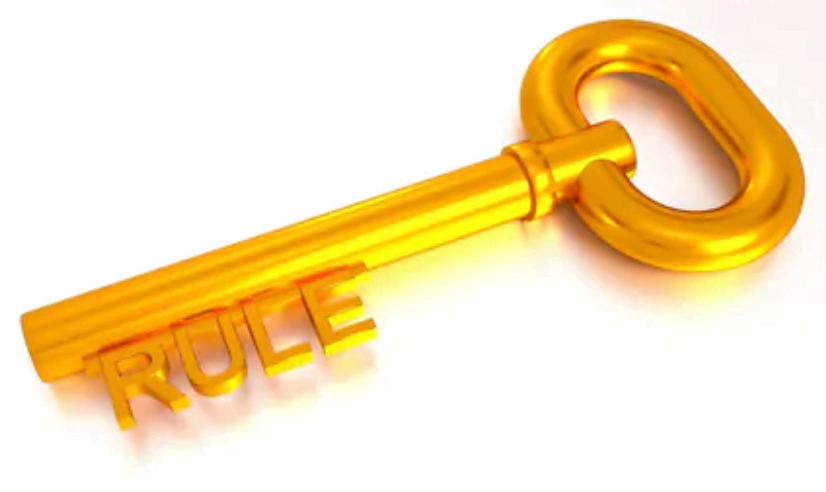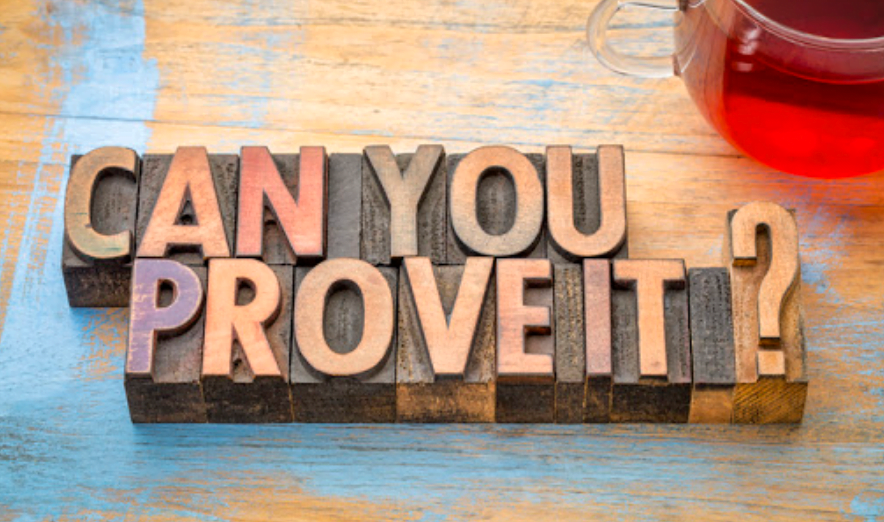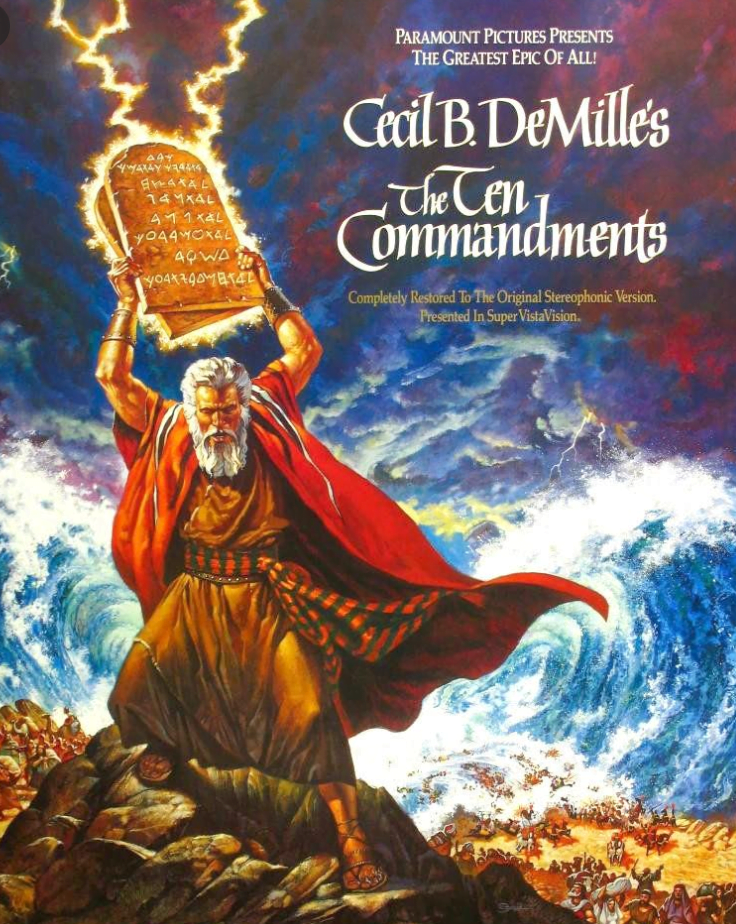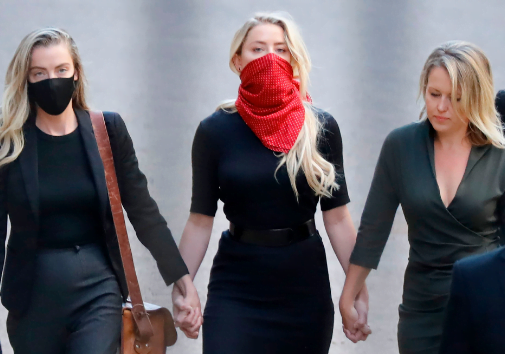When you represent yourself in a contested family case, in other words without a lawyer, you are a ‘litigant in person’ (LIP). It’s a daunting experience and the best way to cope is to understand what’s going to happen, who is going to do what, what issues are going to be seen as important and what will not be seen as important, get good advice and be organised and make sure you do what’s necessary.
how to give evidence
CAFCASS: Representing Yourself in the Family Court
When you represent yourself in a contested family case, in other words without a lawyer, you are called a ‘litigant in person’ (LIP). It’s an extremely daunting experience and the best way to cope is to understand the process, read up about the issues, get good advice and guidance and be organised so as to make sure you do what’s necessary. For the professionals involved it’s their jobs. For you it’s your life and much more stressful. The better prepared you are the less likely you are to be overwhelmed.
How to prove parental alienation in court
Parental alienation is one of the most difficult things to prove and yet it is one of the most damaging to children and families. It can easily lead to a child completely losing their relationship with one parent and wrongly coming to believe that the parent was abusive or wicked in some other way.
‘Gather evidence’ is the golden rule and get legal help. These are difficult and complicated cases and you need all the help you can get.
How to gather evidence
When you have to gather evidence for the family court, for example to prove parental alienation, abuse or to support a custody case, the key advice is to keep records.
5 key things to understand about evidence in an important trial
The 5 key features are: the ‘burden’ of proof, the standard of proof, what has to be proved, how to gather the evidence and who will decide your case.
There are two kinds of burden of proof. The legal burden (sometimes called the persuasive burden) which falls on the person or party that has to prove their case. The evidential burden is the task of producing the evidence to prove the case.
7 types of documentary evidence you need to prove your case
To win a case in court the basic fact is that you must have evidence to prove that what you are saying has happened has actually happened; who is responsible; and that your version of events has involved a breach of the relevant law - this is known as the ‘legal argument’. Documentary evidence, i.e. written evidence, is generally viewed as the best form of evidence, so prioritise collecting emails, screenshots of texts, letters.









